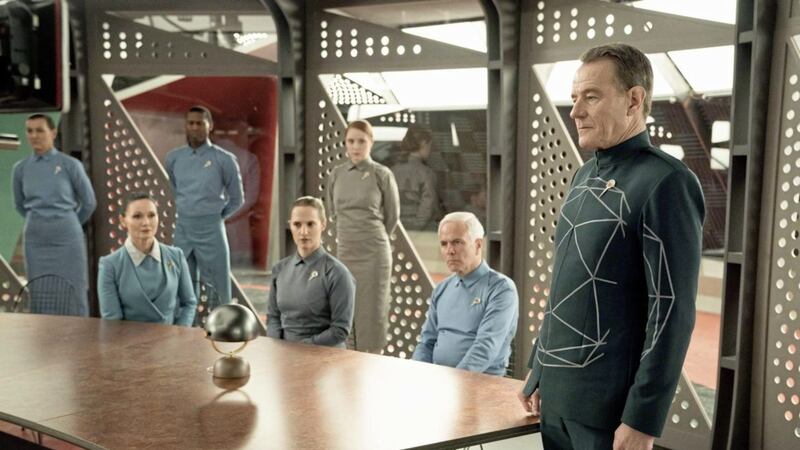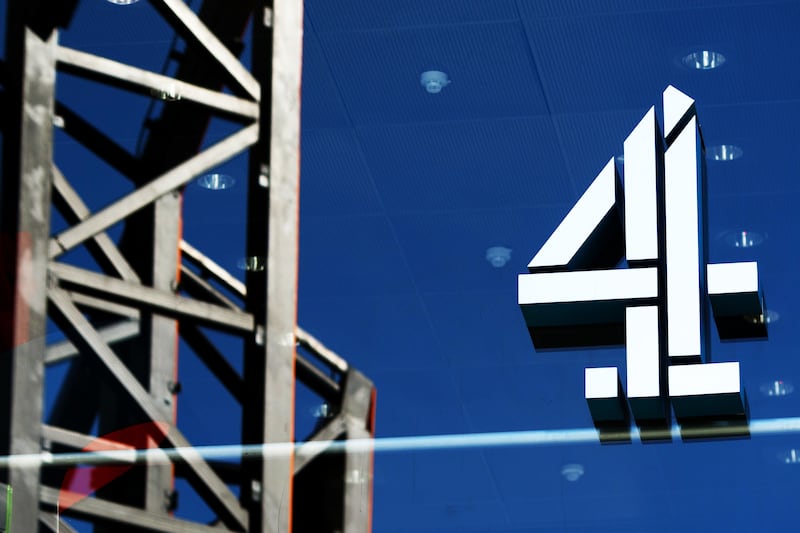:: Why did you want to do this project and how did you come to be involved?
I HAD been a fan of Philip K Dick's work for quite some time, and I guess the more recent ventures into my own personal satisfaction in reading was with short stories. For the last 17 years, it's been a pretty busy ride for me, and I would get frustrated by reading novels and then having to stop and read scripts and proposals and ideas and other things. And then I'd get back to the novels and I'd forget where I was and I'd start over. It was very frustrating. So when I heard they were doing this project, I was really excited. We worked hard to present some really compelling storytelling that resonates with today's life, so it's not just about cautionary tales or dystopian societies in the future. Everything has something to do with how we do things in our modern society.
:: I imagine that making what are essentially 10 slightly shorter feature films in two different continents simultaneously is quite hard work. Did you know what you were letting yourself in for?
It was one of the most difficult things that I have been involved with in my career. We couldn't let ourselves off the hook, and we didn't. We painstakingly went through all 10 stories, with 10 different casts, 10 different production designers, 10 different directors, 10 different writers. You're dealing with a massive amount of cast and crew. We were very creative in the way that we could re-use portions of sets at times, but basically it was something that was costly and time-consuming. The effort was great, but doesn't anything that's worthwhile always take a lot of effort? And we hope that people in the UK and the US and around the world will be able to relate to these stories, and maybe feel better about themselves, or society, or realise that things could be worse, or rejoice in the time period they're in. Even just an escape for an hour is a valuable tool in life.
:: There is such an array of acting, writing and directing talent involved in the series – you must have been knocked sideways by the response.
What we were greatly surprised by was the level of talent that were already fans of Philip K Dick's work. We had people coming to us right and left. We were very lucky to be able to pick and choose whom we thought really had a grasp of material and the story, people who were inventive and creative. We have been very lucky in that sense. It wasn't without its moments of turmoil; [in] some cases we were running up against time problems, or other pitfalls or obstacles. But what a great learning experience.
:: What is it about Philip K Dick that has made his stories endure, and have made us go back time and again to adapt them?
I think it's because you cannot rebuke it. When you're talking about futuristic stories, no-one can say 'Oh, that wouldn't happen'. If you talk about period pieces, historians or critics may go back and say 'It's inaccurate'. You can definitively say that, if a piece of art was wrong. You can say 'That wasn't what happened in World War II' or 'Elizabethan hairstyles weren't worn that way', but you cannot pick apart the future the same way, for the obvious reason. There's something empowering to the audience about that, and I think Philip K Dick tapped into that long ago. He knew that when you're telling futuristic stories you are, by and large, leaving it open to the imagination of the reader. And we want to do something similar for the audience, to empower them. We want the end of each programme to be the beginning of the conversation, not the end of it. We want to make people want to talk about it. Even if it's just a couple looking at each other and saying, 'Wow, do you think it will be like that in the future?' That will make me very, very happy, because that's what art should do. It should get people involved.
:: Electric Dreams starts on Channel 4 on Sunday September 17








